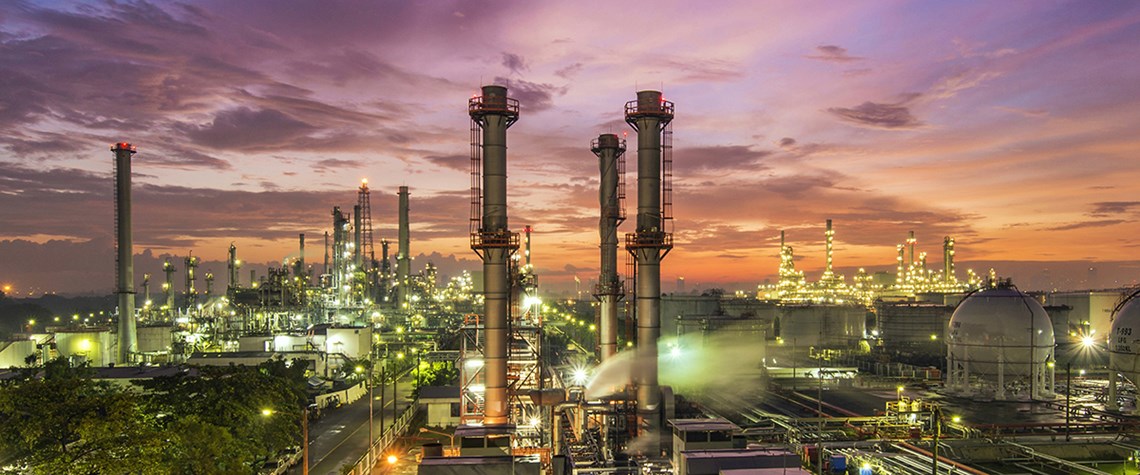Transport fuel’s day of reckoning
Gulf refiners wonder how to cope with new green standards for shipping and aviation fuel
A global clampdown on two of the most public scapegoats to the acceleration of climate change—shipping and aviation—is putting Gulf refiners' portfolios to the test. The International Maritime Organisation's (IMO) 0.5% sulphur cap on bunker fuels, set to begin from 1 January 2020, is followed by the International Air Transport Association's (IATA) Carbon Offsetting Reduction Scheme for International Aviation (CORSIA) from 2021. Both are milestones after decades of toing-and-froing between environmentalists and industry. As the Gulf is home to the world's second-largest bunkering hub, the UAE's Port of Fujairah, and is one of the world's fastest-growing aviation hubs, could a shortage of post

Also in this section
23 February 2026
The country’s upstream players have demonstrated resilience to low oil prices and are well positioned to prosper despite a volatile market
20 February 2026
The country is pushing to increase production and expand key projects despite challenges including OPEC+ discipline and the limitations of its export infrastructure
20 February 2026
Europe has transformed into a global LNG demand powerhouse over the last few years, with the fuel continuing to play a key role in safeguarding the continent’s energy security, Carsten Poppinga, chief commercial officer at Uniper, tells Petroleum Economist
20 February 2026
Sempra Infrastructure’s vice president for marketing and commercial development, Carlos de la Vega, outlines progress across the company’s US Gulf Coast and Mexico Pacific Coast LNG portfolio, including construction at Port Arthur LNG, continued strong performance at Cameron LNG and development of ECA LNG







